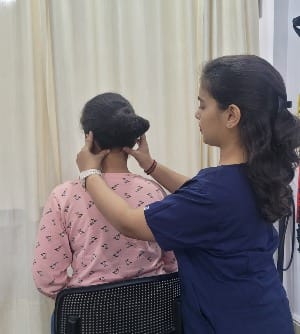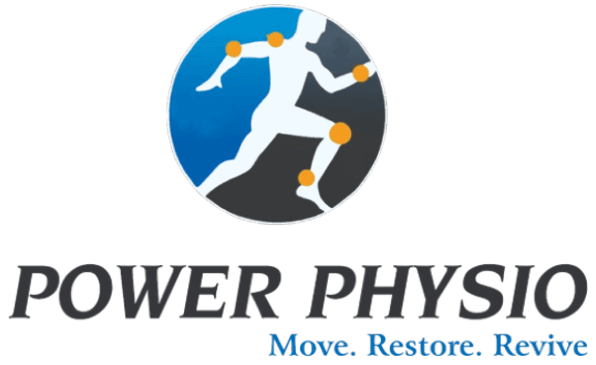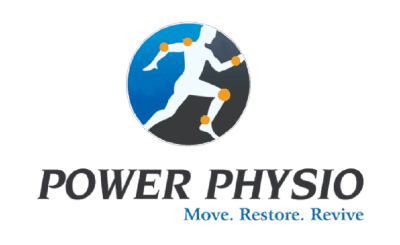
Shoulder Pain Management
Shoulder pain can significantly impact your daily activities and quality of life. At Power Physio Clinic, we understand the complexities of shoulder pain and offer effective management strategies to address its various causes, symptoms, and underlying issues.

Causes of Shoulder Pain
Shoulder pain can arise from multiple factors, including
- Rotator Cuff Injuries
- Bursitis
- Tendinitis
- Arthritis
- Frozen Shoulder
- Dislocation
- Fractures
-
We specialize in identifying the causes of Shoulder pain
Shoulder pain can arise from multiple factors, including:
• Rotator Cuff Injuries: Tears or inflammation in the rotator cuff tendons.
• Bursitis: Inflammation of the bursae, the small fluid-filled sacs that cushion the shoulder joint.
• Tendinitis: Inflammation of the tendons around the shoulder, often due to overuse.
• Arthritis: Osteoarthritis or rheumatoid arthritis causing joint inflammation and pain.
• Frozen Shoulder: Stiffness and pain due to inflammation and scar tissue formation.
• Dislocation: Partial or complete dislocation of the shoulder joint.
• Fractures: Breaks in the bones of the shoulder. -
Common Shoulder Pain and Their Root Causes
• Impingement Syndrome: Caused by repetitive overhead activities leading to compression of the rotator cuff tendons.
• Shoulder Instability: Often resulting from a dislocation or repetitive stress, causing the shoulder to feel loose.
• Labral Tears: Injuries to the cartilage ring surrounding the shoulder socket, often from trauma or repetitive motion.
• Acromioclavicular (AC) Joint Pain: Pain at the top of the shoulder, typically from arthritis or previous injury to the AC joint. -
Symptoms of Shoulder Pain
• Pain: Dull ache, sharp pain, or throbbing in the shoulder, which may worsen with movement.
• Stiffness: Reduced range of motion and difficulty performing everyday tasks.
• Weakness: Decreased strength in the shoulder, making it hard to lift or carry objects.
• Swelling: Visible swelling or tenderness around the shoulder joint.
• Instability: Feeling of the shoulder giving way or feeling loose.
-
Effective Management at Power Physio Clinic
At Power Physio Clinic, we take a comprehensive approach to manage shoulder pain effectively:
Assessment and Diagnosis
• Detailed History: Understanding the onset, duration, and activities leading to shoulder pain.
• Physical Examination: Evaluating shoulder mobility, strength, and identifying painful movements.
• Diagnostic Imaging: Using X-rays, MRI, or ultrasound to diagnose structural issues.
Power Physio Clinic Shoulder Pain Treatment Approaches
Treatment Approaches
• Manual Therapy: Techniques such as joint mobilization, soft tissue manipulation, and myofascial release to reduce pain and improve mobility.
• Exercise Therapy: Customized strengthening and stretching exercises to restore shoulder function and prevent future injuries.
• Modalities: Utilizing modalities like ultrasound, electrical stimulation, or heat therapy for pain relief and inflammation reduction.
• Postural Correction: Addressing poor posture and ergonomics contributing to shoulder pain.
• Patient Education: Providing guidance on activity modification, proper body mechanics, and home exercises to maintain shoulder health.


